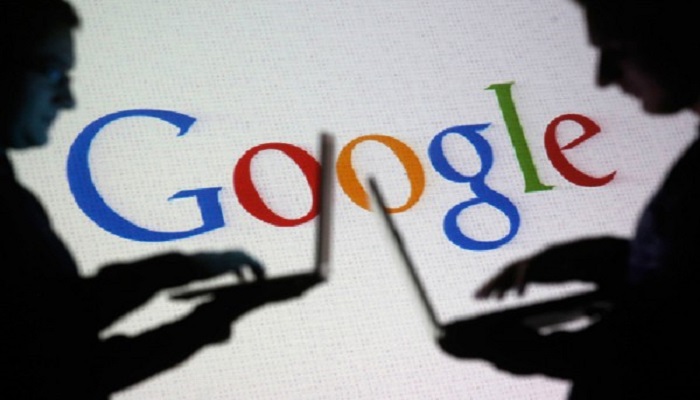
Google is a well-known browser that a majority access to, whether it to know things or advertise things. But don’t they seem a little bullish?
Google’s latest move to block “intrusive” ads starting February 15 next year has made digital publishers wary and left them wondering how such a unilateral, top-down approach could impact their bottom line. Even as publishers and media companies shift towards a user-friendly ad experience, Google’s decision is being seen as “dictatorial” by some quarters, especially given the Chrome browser’s reach. Industry experts estimate its market share is 50% among browsers.
Though Google sources say that the default blocking is something individual users can turn off, top Indian publishers feel that the manner in which it is being implemented has left much to be desired. Executive director at The Indian Express Anant Goenka points out that 90% smartphones in India are Android devices pre-installed with Chrome browsers. And given Google’s reach, any change in policies for digital ads is bound to have an impact. As an industry, he says, advertisers need to realize that ads can’t be spam.
“Premium quality publishers like The Indian Express, The Times of India and India Today will not have to worry about this development as they themselves want to give a better experience to their readers and less invasive ads is a market trend that we are always preparing for. But certainly, Google needs to be a little less dictatorial in how they conduct their business. Along with user experience, Google needs to put an equal emphasis on creating a sustainable digital marketing ecosystem,” says Goenka, pointing out that Google’s digital advertising rates in India are the lowest in the world.
Google’s director of product management Scott Spencer says the move is “to improve the online ad experience for users”. But there are voices in favor of having a regulator step in to check unfair monopolistic practices. Times Internet Limited (TIL) CEO Gautam Sinha says, “Google already controls over 60% of the ad industry. By setting standards on what ads are acceptable or not, Google is effectively regulating the entire digital ad industry, including its competitors — a role that no company should have the authority to do.” TIL is part of The Times Group which publishes The Times of India.
Sinha says smaller publishers need protective measures. “Free content and plurality of views is a consumer need which is funded by ads today. If Google decides to tighten the strings on this, smaller publishers won’t be able to sustain their businesses,” he says.
Here’s how the new Chrome browser ad blocking set-up will work: Chrome will have an ad blocker turned on by default. This will block “disruptive” or “intrusive” ads on web pages. Industry body Coalition for Better Ads (CBA), which Google joined this June, has recognized such ads as those that autoplay audio or video, that cover the entire page with a barely visible “close” button, and even popup ads. The CBA is composed of advertising and marketing associations, internet companies, and media companies from the US and Europe.
But the Asia-Pacific market is not far behind. CBA’s Brendan McCormick told TOI in an email, “Additional consumer research is planned to assess the applicability of the standards in Asia-Pacific and Latin American regions to include desktop, mobile web, and in-stream video ads for short-form video content.” The CBA will open up the programme for review in January before Chrome extends its default blocking.
Dainik Bhaskar Digital CEO Gyan Gupta also feels that while bigger players have less to worry about, smaller ones will be impacted. “Large-scale publishers have already realized the need to have less intrusive ads. We stopped those formats long back. There might be certain new sites that have click-bait content or fake content which will be impacted by this,” he says.
Others in the industry want to wait and watch. A senior executive at an English language news portal said that the issue of intrusive ads is something publishers have been addressing for the last few months now. “With less intrusive ads, users will end up spending more time on a page, which will help recover revenue,” said the executive, requesting anonymity since he wasn’t authorized to speak with the press. The ad blocking, he said, will be another way to discourage invasive ads. “Bigger players like Facebook and Google anyway already down-rank pages that show interstitial ads,” the executive said.
Google’s decision will directly hurt the ability of publishers large and small to sustain their businesses. As it stands, Google controls the majority of the digital ad economy, and publishers are running on scraps. This move will only make that imbalance worse. Ultimately, the publisher ecosystem thrives as a free market — consumers can go where they please, and publishers should improve their customer experience to be competitive. It isn’t Google’s role to regulate how the industry operates. Google is using its dominant position to control an industry it already has a monopoly position over, ultimately at the expense of the consumer.

Post Your Comments